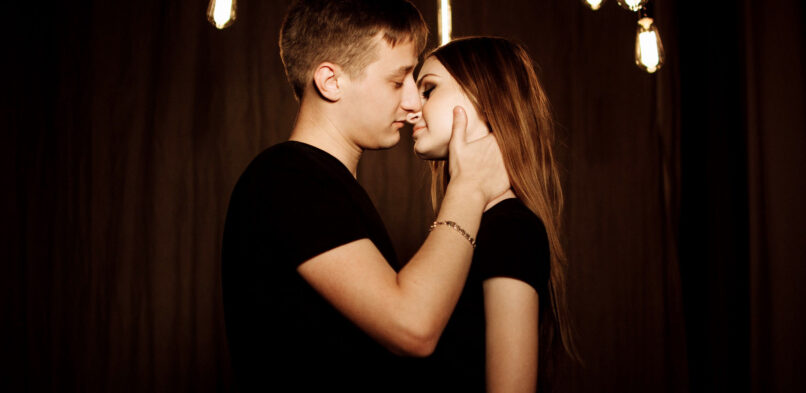Want your relationship to last?

Want your relationship to last?
November 25, 2014 Comments Off on Want your relationship to last?The masters, by contrast, showed low physiological arousal. They felt calm and connected together, which translated into warm and affectionate behaviour, even when they fought. It’s not that the masters had, by default, a better physiological make-up than the disasters; it’s that masters had created a climate of trust and intimacy that made both of them more emotionally and thus physically comfortable.
Gottman wanted to know more about how the masters created that culture of love and intimacy, and how the disasters squashed it. In a follow-up study in 1990, he designed a lab on the University of Washington campus to look like a beautiful bed and breakfast retreat.
He invited 130 newlywed couples to spend the day at this retreat and watched them as they did what couples normally do on vacation: cook, clean, listen to music, eat, chat, and hang out. And Gottman made a critical discovery in this study – one that gets at the heart of why some relationships thrive while others languish.
Throughout the day, partners would make requests for connection, what Gottman calls “bids.” For example, say that the husband is a bird enthusiast and notices a goldfinch fly across the yard. He might say to his wife, “Look at that beautiful bird outside!” He’s not just commenting on the bird here: he’s requesting a response from his wife – a sign of interest or support – hoping they’ll connect, however momentarily, over the bird.
The wife now has a choice. She can respond by either “turning toward” or “turning away” from her husband, as Gottman puts it. Though the bird-bid might seem minor and silly, it can actually reveal a lot about the health of the relationship. The husband thought the bird was important enough to bring it up in conversation and the question is whether his wife recognizes and respects that.
People who turned toward their partners in the study responded by engaging the bidder, showing interest and support in the bid. Those who didn’t – those who turned away – would not respond or respond minimally and continue doing whatever they were doing, like watching TV or reading the paper. Sometimes they would respond with overt hostility, saying something like, “Stop interrupting me, I’m reading.”
These bidding interactions had profound effects on marital well-being. Couples who had divorced after a six-year follow up had “turn-toward bids” 33 percent of the time. Only three in ten of their bids for emotional connection were met with intimacy. The couples who were still together after six years had “turn-toward bids” 87 percent of the time. Nine times out of ten, they were meeting their partner’s emotional needs.
The above-linked article is relating some critical research — through the opening/closing summary confusingly demonstrates that the author really does not understand what is being related here.
The two traits really are as follows:
(1). Positive responsiveness — sometimes referred to as an active constructive interaction pattern — which involves engaging and warmly receiving whatever communication your partner offers to recognize that, however strange you may think it to be, it is your partner’s definition of what his or her heart needs at that moment to feel connected.
(2). Vulnerable transparency. A non-defensive and non-guarded stance otherwise known as a willingness to be hurt for being yourself. (The opposite of conning your way into and then lay your way through marriage by playing a role and then needing to defend it.)
Because, “A willingness to be hurt for being yourself,” is the only way to receive the love through that engagement and warm response to your communications that your partner may offer.
If you are not yourself, only your act gets loved…